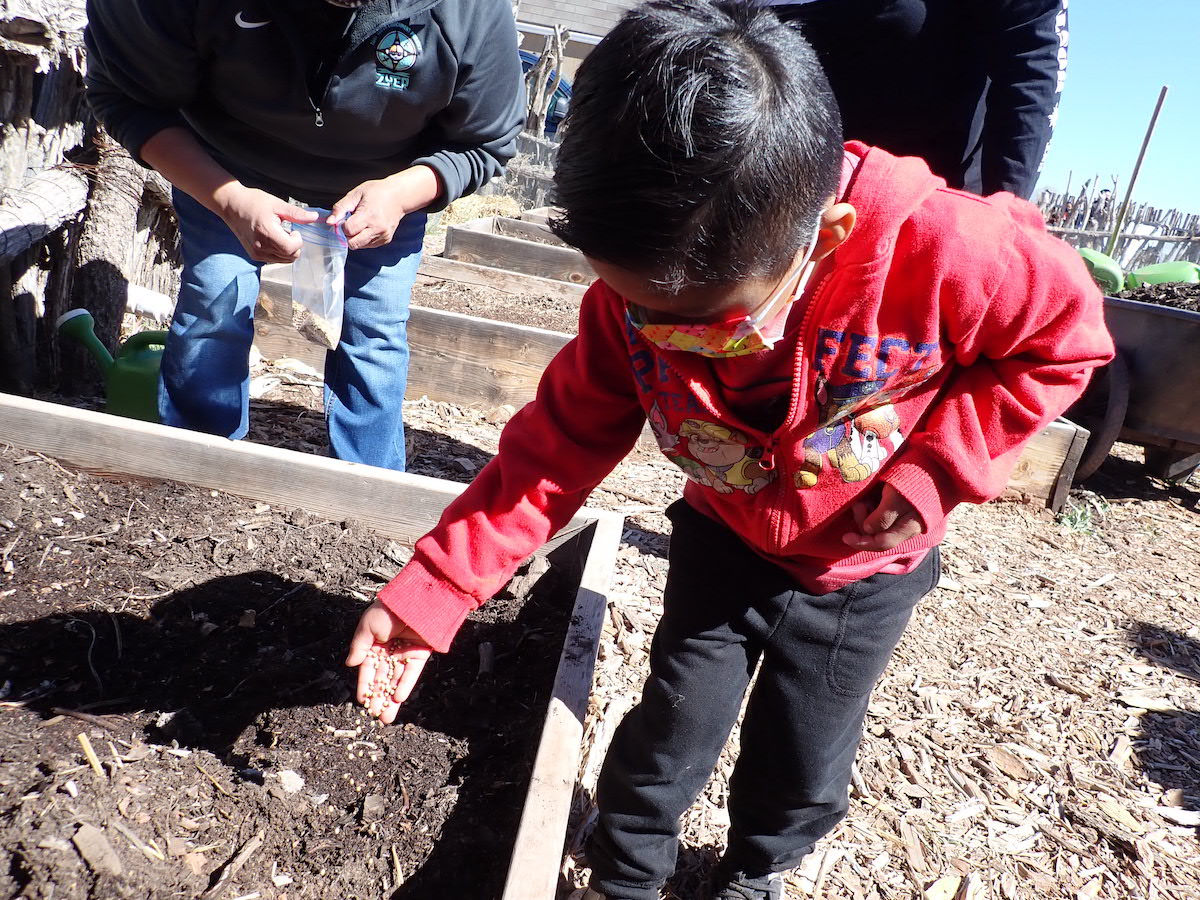
- Details
- By Joe Boomgaard
- Food | Agriculture
The Native American Agriculture Fund is among the founding funders of Growing Justice, a new fund whose mission is to transform food systems nationwide via an equitable procurement model.
Growing Justice to date has raised $11 million toward its goal of $50 million, which it plans to distribute to community leaders over the next 10 years. The new initiative is aimed at driving leadership and collaboration of the BIPOC community within the “food value chain, from funders to farmers to distributors and food workers,” according to a statement.
“With this joint effort, we hope to expand the purchasing power of key institutions, including grocers, schools, and community food procurers, such as The Food Distribution Program on Indian Reservations,” NAAF CEO Toni Stanger-McLaughlin said in a statement.
Other founding funders in Growing Justice include The Rockefeller Foundation, W.K. Kellogg Foundation, Kresge Foundation, Panta Rhea Foundation, and Clif Family Foundation.
Growing Justice’s plan is to improve access to good food for marginalized communities through partnerships and new systems that change how those communities purchase food. The goal also is to connect the communities more directly to farmers, food producers and BIPOC-led social enterprises, many of whom do not benefit from the $120 billion institutions spend annually on food, according to data supplied by the fund.
The new fund’s goals largely align with ongoing food sovereignty efforts in Indian Country. That includes groups such as the Native Farm Bill Coalition, which is working to codify successful local food purchasing pilot projects into the next rewrite of the Farm Bill, along with other initiatives that give tribes greater control over food distribution and marketing.
“Nutritious foods cultivated in the Southwest are different from the foods that have sustained the tribes in the Pacific Northwest for generations,” Stanger-McLaughlin said. “No one knows the needs of a community more than those that live within those communities.”
For NAAF, the end goal in supporting Growing Justice is to help fund projects that “will increase local Tribal vendors and improve engagement of Tribal producers in the food procurement system,” she said.
An advisory committee of community leaders and funders will guide Growing Justice’s grantmaking and decisions. Committee members include A-dae Romero-Briones, the director of programs in Native agriculture and food systems at First Nations Development Institute; Roger Fragua, co-founder and executive director of the Flower Hill Institute, a Native-owned, community-directed agriculture nonprofit; and Sandy Martini, the associate CEO of the Native American Agriculture Fund.
Growing Justice also tapped into a handful of “field leaders,” including Romero-Briones, to co-develop and co-design the fund. Others involved in the process were Carly Griffith Hotvedt, associate director of the Indigenous Food and Agriculture Initiative at the University of Arkansas; Kari Jo Lawrence, executive director of the Intertribal Agriculture Council; and Joel Moffett, formerly the natural resources policy coordinator for the Affiliated Tribes of Northwest Indians and the current director of environmental and special projects at Native Americans in Philanthropy.
Currently, the fund’s founders and other partners are collaborating to identify additional sources of funding. Growing Justice plans to release its first Funding Opportunity Announcement later this fall.
While Indian Country has long struggled with food security, the COVID-19 pandemic exposed many of the acute challenges that tribal communities face. A joint survey from NAAF, the Food Research and Action Center, and the Indigenous Food and Agriculture Initiative found that roughly half of all respondents reported a lack of food security in their households. For households with children under age 5, 59 percent cited challenges with food security.
“Today’s hunger crisis is another reminder we must transform our food systems,” Dr. Rajiv Shah, president of The Rockefeller Foundation, said in a statement. “By centering people of color’s interests across the food value chain, Growing Justice will increase access to good food while stimulating the kind of equitable economic growth that can make opportunity universal and sustainable.”
